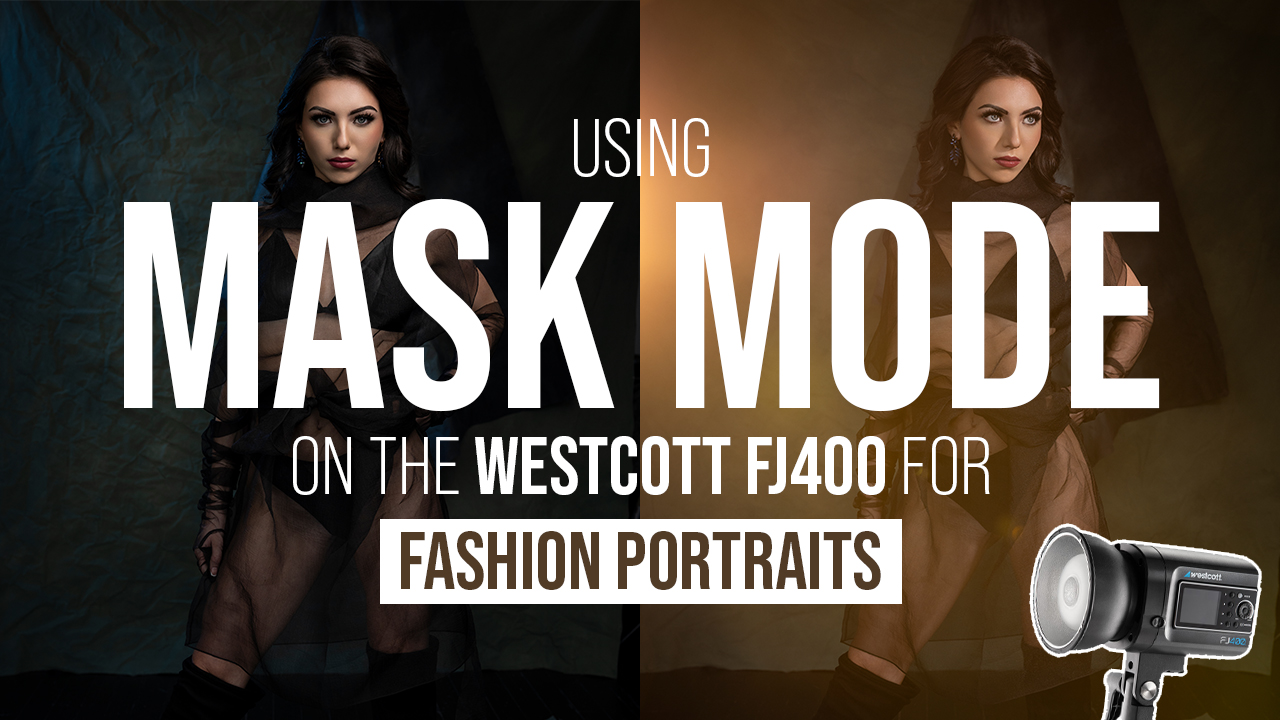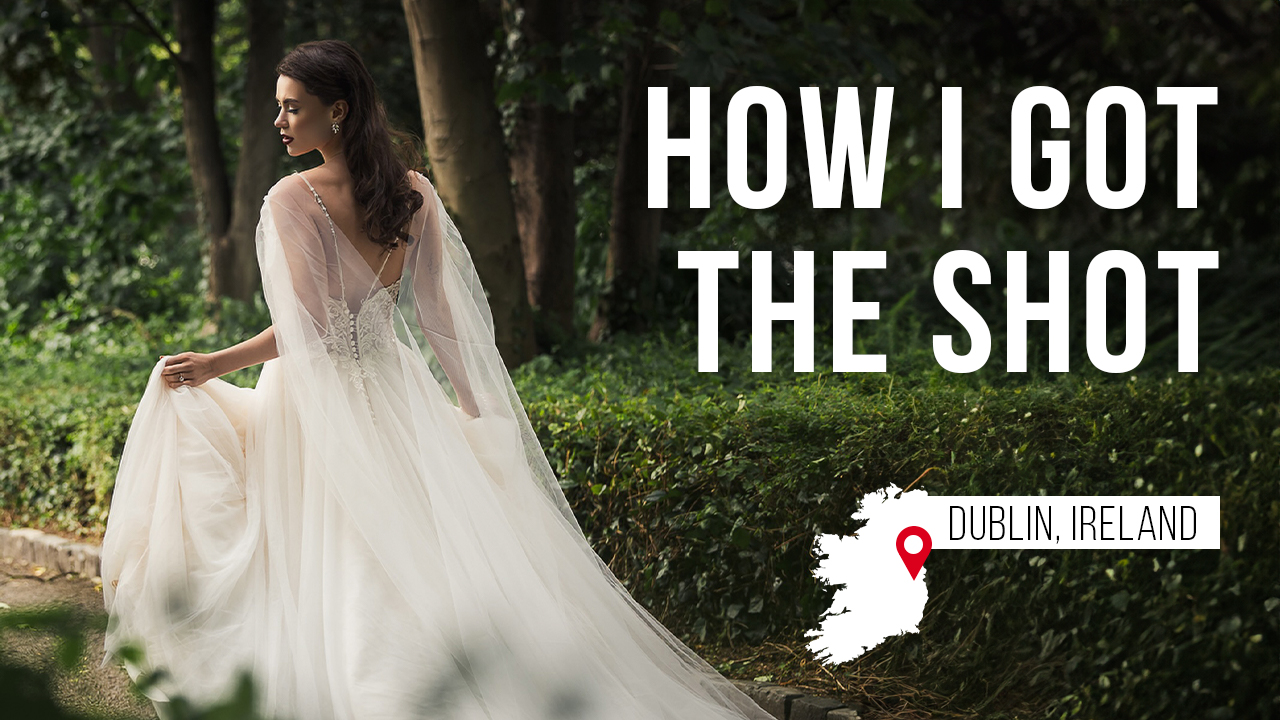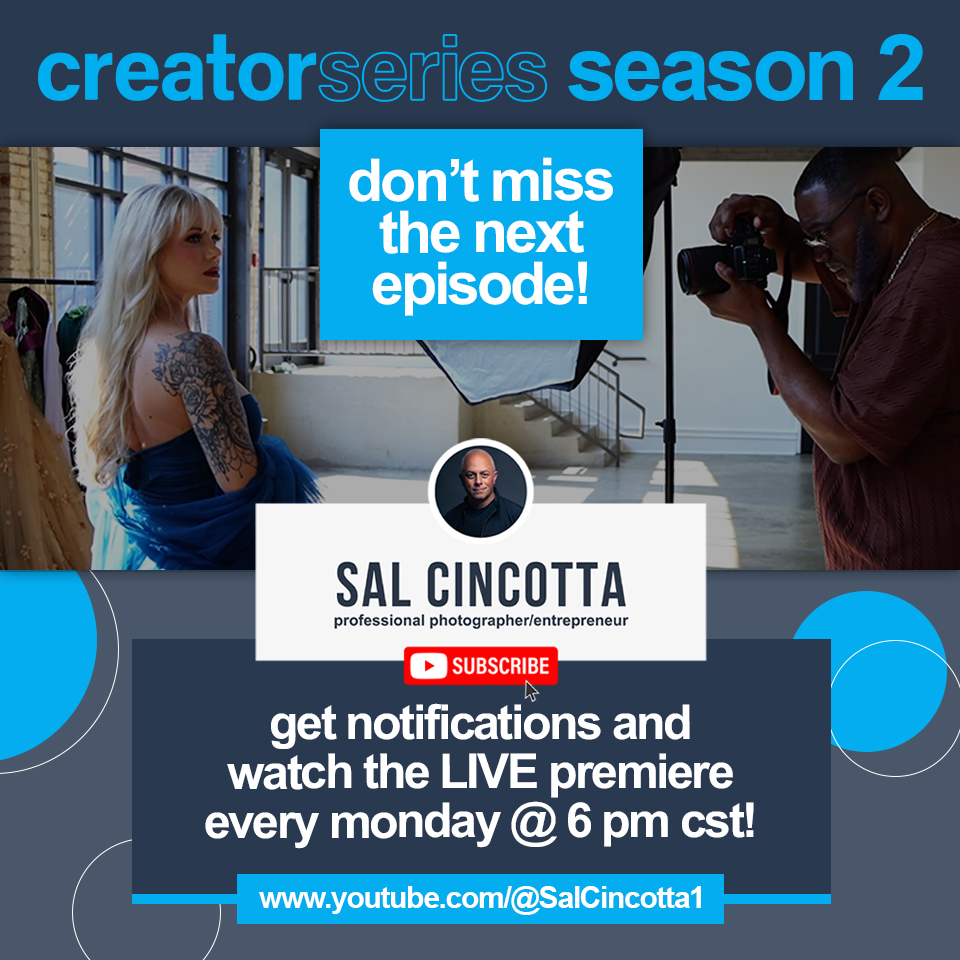Perfecting your Craft with Scott Detweiler
I used to believe that total time behind the lens was a considerable measure of skill, but now I know better. I have met many amazingly gifted photographers who are somewhat new to the industry. Conversely, I have also met folks who have been doing this since just after the Earth cooled, yet their images are average and they have zero interest in looking to improve.
That being said, I think the vast majority of us have a pretty strong desire to grow and get better, perhaps even to a level that we might believe to be unattainable. With hard work and lots and lots of shooting, one can certainly get better, right? But during this blind pursuit of excellence, how do you know if you are actually improving? What do we need to focus on in order to advance?
Knowing precisely where you think you are limited gives you a place to start on this roadmap to a solution. The good news is that there are probably areas where small adjustments can yield massive improvements, and you probably know exactly where those lie. Need to take private photoshop lessons because YouTube just isn’t working for you? Need business coaching or marketing help? Does the seemingly magical strobe leave you scratching your head? In all of these situations, you can probably see a path to resolution once you decide to fix the issue.
The second issue revolves around getting honest feedback. Do you know what others feel is your most significant area of concern or weakness? Your personal opinion on what needs improvement might not be the biggest problem in the eyes of your customers, so you need to get some honest and frank feedback. Asking random people, family members, spouses, etc. isn’t usually helpful. It seems that the vast majority of folks have no idea what good photography looks like. Even if they do, those closest to you will balk at potentially squashing your artistic genius, so they tend to keep their mouths shut and praise your mad skills.
The other ugly truth is that most people will simply gush over a cringeworthy image if they like the subject matter or even the image’s intent. Things like exposure, focus, or aiming like a Stormtrooper and getting half of the face in the frame are seemingly arbitrary in terms of receiving gushing praise. For example, a parent will like just about any photo of their unruly kid, even if it is four stops underexposed and shot with enough headroom to add in a full-grown adult wearing a cowboy outfit riding a rearing horse. This is great for stroking our confidence and ego, but utterly useless for improving our photography. Some people will like every steaming pile we show them. Welcome to Facebook.
There is also a segment of souls who don’t feel they have any more to learn. Typically, this is a result of their clients being just fine and dandy with their “meh” product, and no further actions being required to keep their particular market segment happy.
Many people have heard of the Dunning-Kruger effect, but if you haven’t, understanding it might help you in terms of wrapping your head around the idea of your total knowledge pool. This theory illustrates how the less you know about a given subject, the better you think you are at it. For example, if you ask the cocky high school senior MVP tennis player how good they are, they will probably indicate that they are pretty damn good. However, given a chance to have their ass handed to them by someone from the Olympic team, they’d suddenly realize that they indeed have a great deal to learn, and would probably re-evaluate their skills as much lower than before their soul-crushing defeat.
This entire concept applies to just about every aspect of life, from parenthood, to business acumen, to any skill worth learning. Of course, this happens a great deal in photography, since it has a low-cost point of entry, and it isn’t challenging to learn the basics (aka the Green Box). Combined with the assistance of skin-destroying portrait software, copious filters, plugins, etc., it is seemingly effortless to fall into the trap of feeling one has attained a quick mastery of photography and should quit their job and focus on their new passion. However, when exposed to the work of a true professional, their eyes grow suddenly wide with the knowledge that perhaps they have a great deal to learn to improve in areas like composition, skin retouching, augmented lighting, posing, and the other regions where the world of technology has not yet penetrated.
As we discussed, it is going to be hard to get honest or educated feedback from friends or clients, so where can you turn for the brutal feedback that will help you to improve? In my case, I found exactly that by entering image competitions. In my opinion, these are an excellent way to get your bearings and have a baseline of how you might actually be doing in your image-creation endeavors. Sure, the judging is subjective, but at least those judging the photos are experienced and can be considered qualified to do so, and you will get bits of wisdom from listening to the critique. For example, the competition at Shutterfest is a great learning experience, and the judging is open to anyone who wants to sit in the conference room and watch. I highly recommend it!
You can learn so much by listening to all of the issues found in photos others have taken. This lets you learn lessons the easy way, without feeling you are being judged. Once you see some of the photographs and how they score, you will have a much better grasp of where you might be positioned in the food-chain of this industry. Since these commentaries are pretty severe and full of dream-crushing criticism, you have the option to actually grow from the information given by the judges rather than just sitting there and feel offended. You will need to put your ego in your pocket and be prepared to open your eyes to what is said, and sometimes that can be hard to do. However, it is better feedback than you will get from some crazy aunt who loves every blurry photo you take.
On top of that, if you have someone you respect or admire, you can often reach out to them for a friendly critique. Even some of those rock-star photographers out there would love to help others grow and are often willing to give a quick critique if you are simply brave enough to ask. However, be careful of receiving feedback from unsolicited sources.
A few years ago, I was receiving some pretty brutal feedback from another photographer, and it wasn’t pretty. Apparently, I was rather terrible at this entire camera thing, and he was basing all his ultimately inaccurate assertions on how I was shooting. Only after numerous remarks on how awful I was did I bother to research him and learn that he only shot trains. Yep! He didn’t even photograph people—he shot locomotives in broad daylight with his pocket camera. Knowing the difference between an opinion and actual criticism helped me know when I was listening to noise versus the voice of wisdom. Social media is full of people like him, and it took some time to get a thicker skin to handle them. I eventually realized most of these people just have opinions and are not speaking from a position of experience. Learn to ignore the noise and not get upset about those who are only there to troll.
Continuing Education. Most larger photography organizations have continuing-education credits that are required to maintain certification. This might seem like a pain initially, but every time I have attended a session or workshop, I have left with some knowledge I didn’t have going in. More importantly, it was knowledge I didn’t even know I needed. Join a local camera club or the PPA chapter nearest you, and keep an open mind.
Finding light in those dark little caves of experience I didn’t know existed is one of those things I really enjoy. This applies to every aspect of adulting, not just photography. Figure out what areas you need to improve in, and create a plan to resolve them. Start with the ones that are causing you the most pain, like studio lighting or Photoshop, and focus on those until they are no longer the biggest concerns. It is also worth noting that although there are plenty of free resources out there, some of the best investments I have made have been those private lessons or workshops I paid for that were precisely what I needed. Don’t ignore personal education just because you might have to spend a little money. For example, saving a few hundred hours learning skin retouching on your own and instead learning from a professional is worth some cash to me, since time is money.
We can all become the photographer we desire to be, but knowing what we don’t know is the first step toward that dream. Take some time, and figure out your primary areas of weakness. Then, get honest feedback from peers, judges, or those you admire, and make a plan. Keep an eye out for that knowledge you didn’t know you needed.




